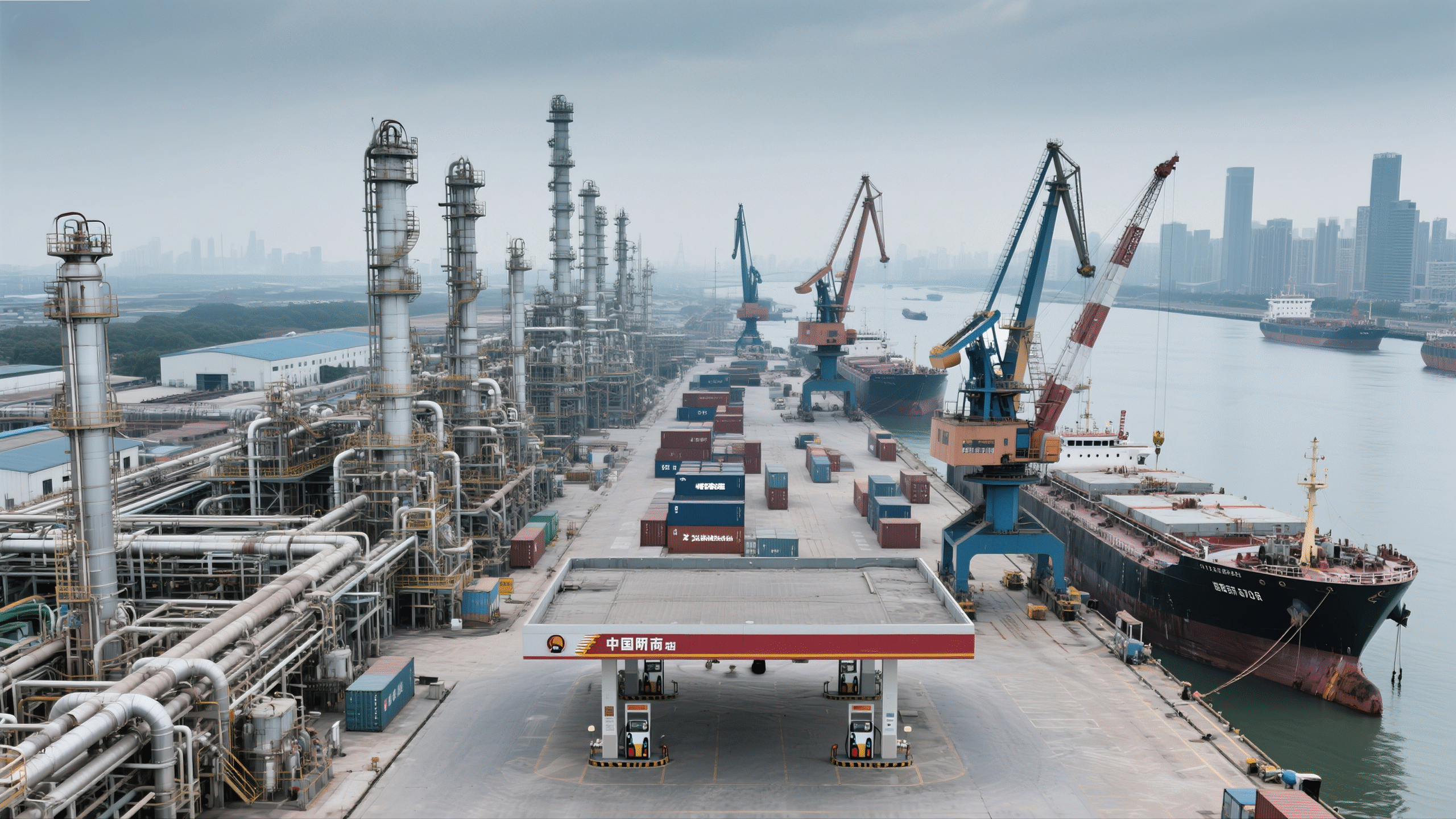
On January 22nd, a major milestone was achieved as China Petroleum Engineering & Construction Corporation (CPECC) held the official signing ceremony for the West Qurna-1 Oilfield Water Injection Project at its
In a notable shift in global energy trade, Chinese oil refiners are significantly increasing fuel exports due to underwhelming domestic demand. This strategic decision is driven by a combination of economic slowdown, energy transition trends, and the pursuit of more profitable international markets. As domestic consumption lags, refiners are finding growth opportunities beyond their borders, reshaping global oil flow dynamics.
Chinese refiners, facing sluggish demand at home, are taking advantage of global market opportunities to sustain output and revenue. Their growing presence in the export market highlights a new phase in the country’s energy strategy, emphasizing competitiveness and surplus capacity utilization.
China’s domestic fuel demand remains weak due to slower economic activity, growth in electric vehicle usage, and post-pandemic recovery struggles. Despite policy easing, industrial and consumer fuel consumption has not reached expected levels.
China has built substantial refining infrastructure over the last decade, leading to excess capacity. To prevent underutilization, refineries are increasingly pushing their output to international markets where demand remains strong.
International markets offer higher profit margins for fuel products compared to domestic sales. Countries with supply shortages or reduced refining capabilities are creating attractive demand that Chinese refiners are eager to meet.
Latest data shows a noticeable uptick in refined fuel exports. Gasoline exports are forecasted to reach 710,000 metric tons, up from 530,000 tons, while diesel exports are also set to rise. This pattern indicates a growing strategic dependence on overseas buyers to maintain operational efficiency and profitability.
China’s export surge could disrupt global fuel pricing and create competitive pressure on other exporting countries. It may also shift trade balances in favor of nations importing affordable refined fuel from China, especially in Asia and Africa.
The extent of China’s future exports depends on internal demand recovery, global market dynamics, and government export policies. If local demand rebounds, refiners may scale back overseas shipments, but for now, the trend suggests sustained international engagement.
Chinese oil refiners are turning outward as domestic consumption stalls. Their pivot to fuel exports represents a major shift in market behavior, offering both opportunity and uncertainty in global energy flows. This move reinforces China’s influence in the global oil refining sector and highlights the interconnected nature of energy economics.